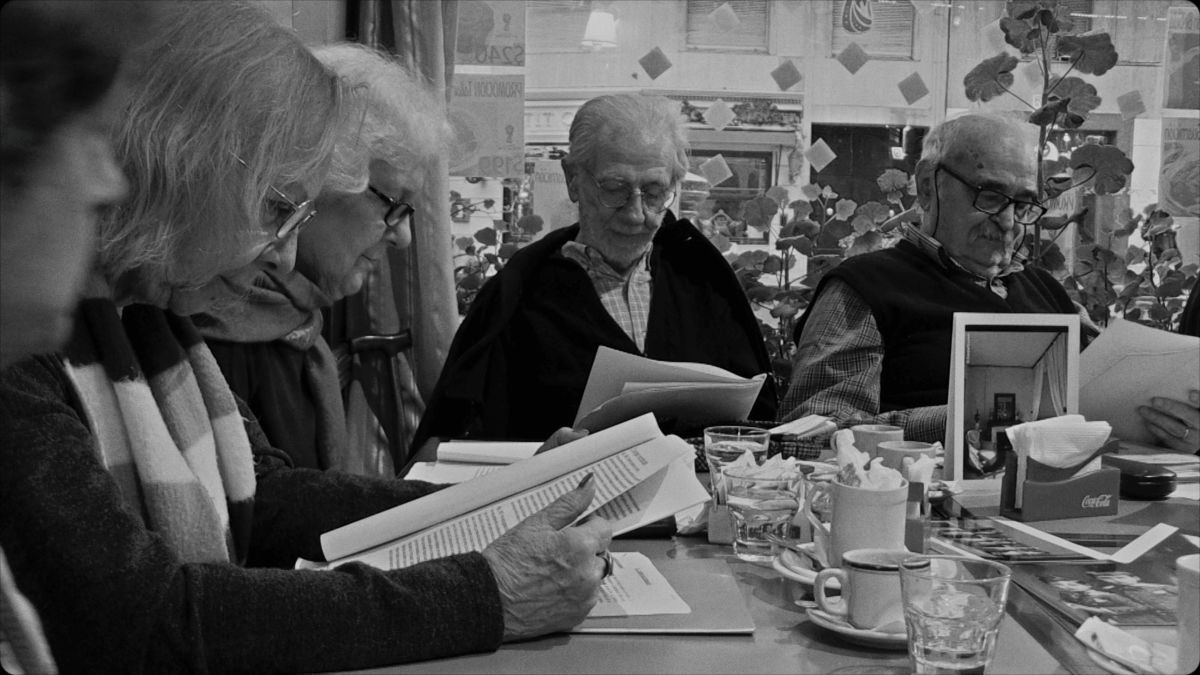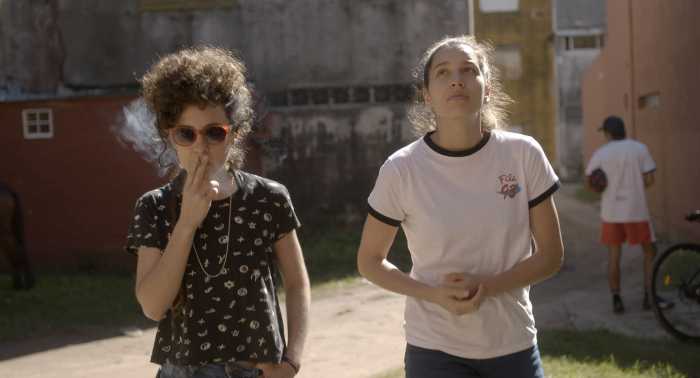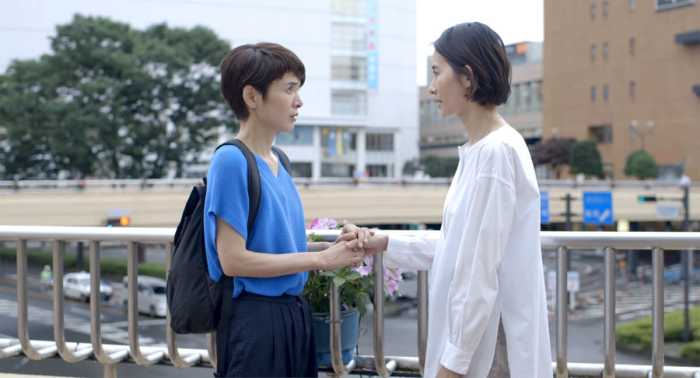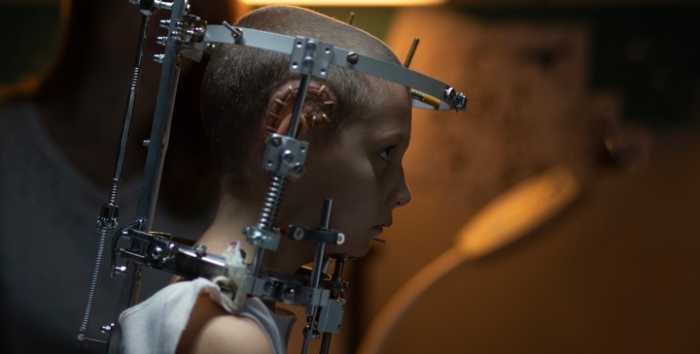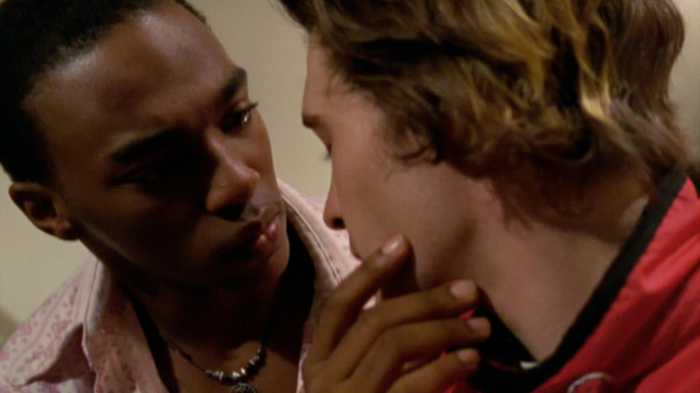“Le Temps Perdu,” a documentary about a book club with members who’ve been meeting for 17 years in a Buenos Aires café to read aloud and discuss the work of gay novelist Marcel Proust, is remarkably gentle and benign. The average age of its members must be at least 70. The film takes 100 minutes to follow them through the seven volumes and 3,000 pages of “In Search of Lost Time.” Director Maria Alvarez shoots in an extremely calm style, using black-and-white cinematography. Given both their ages and the subject matter of “In Search of Lost Time,” some discussion of aging and mortality is inevitable, but “Le Temps Perdu” makes “Paddington 2” look like a slasher movie.
Alvarez spent four years shooting “Le Temps Perdu,” but the film is organized in chronological order. Many group members have read this enormous novel several times; one has done so seven times. That’s an enormous commitment of time. Films based on “In Search of Lost Time,” like bi director Chantal Akerman’s “The Captive” and Raoul Ruiz’s “Time Regained,” have chosen a small portion. It’s often been described as an unfilmable novel, although “Time Regained” is the most ambitious attempt to do so.
Proust died fairly young, at 51, from tuberculosis. “In Search of Lost Time” was written from isolation, even as it looks back on more active experiences. Proust concealed his own gayness by basing his alter ego’s female object of desire, Albertine, on a man, but that did not prevent him from creating queer characters or musing about sexuality. Inevitably, this comes up in “Le Temps Perdu.” The group discusses the section where Baron Charlus visits an all-male brothel. One reader’s remark that Albertine was written as a fantasy figure that the narrator can’t really love reflects the doublings the novel does with Proust’s own desires.
Comparing “Le Temps Perdu” to “In Search of Time” is a fool’s errand — even directors as great as Akerman and Ruiz haven’t been able to fully replicate Proust’s style. The sensual delight of Proust’s prose doesn’t make it into her film. “Le Temps Perdu” replicates the claustrophobia that illness forced upon Proust. Almost every scene takes place in the café. The film cycles through the same camera angles. Only when the group finishes one book does the film venture outside for long shots of Buenos Aires streets.
“Le Temps Perdu” avoids the temptation to turn itself into a portrait of the group members. Inevitably, references to their own experiences and lives come up in conversation, but the film avoids developing them. It’s easy to conclude that they’re really talking about themselves when discussing Proust, but it only seems true when they compare their own experiences with aging to his work. None of them are turned into individual characters; the focus always remains on the collective. The kind of passion it takes to devote years to a group experience of reading and analyzing a single book is understated, assumed instead of openly discussed.
“Le Temps Perdu” is the third film in a trilogy about old age and its relation to art made by Alvarez. The first part, “Las Cinefilas,” profiled six elderly women who see a movie every day. The final film, “Near and Dear,” was finished and screened at festivals last year. Her interest in the lives of the elderly is refreshing, but the homogeneity of the group goes unremarked and eventually leads towards a dull film. What would Argentine college students make of “In Search of Lost Time”? A more ethnically diverse set of readers? “Le Temps Perdu” shines a light into an unexamined corner, but it’s too willing to settle for a dry, observational style which accepts its own banality.
“Le Temps Perdu” | Directed by Maria Alvarez | In Spanish with English subtitles | Opens at Film Forum Aug. 12th

